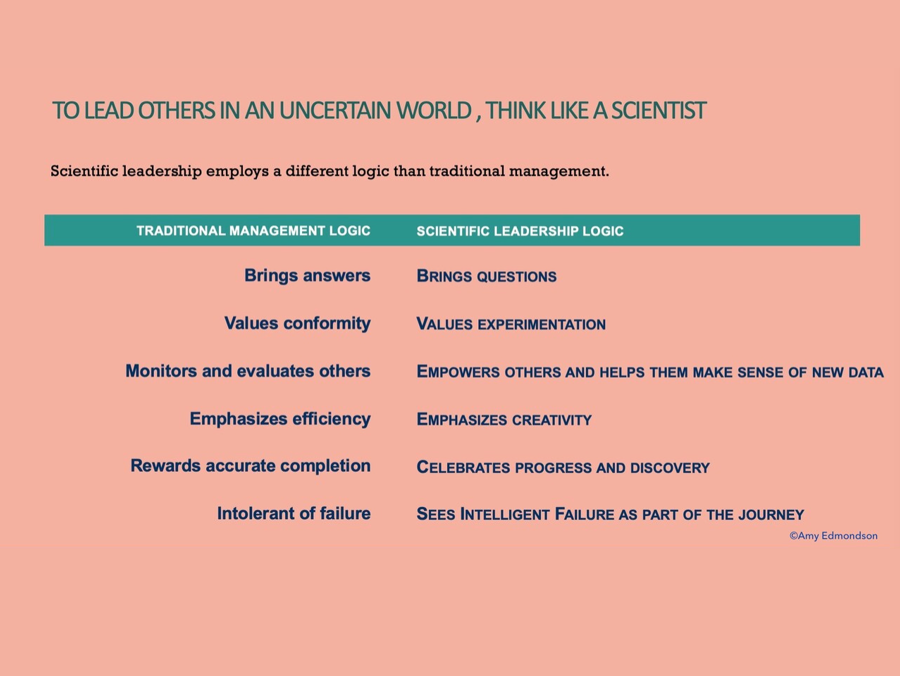The Senior Management Network (SMN) of the Environmental Protection Agency (EPA) in Ireland is a cross-functional, leadership group of the most senior twenty-four people in the organization. This group is geographically dispersed across Ireland and they meet as a network in-person five times per year.
I was engaged in 2023 to work with the organization to strengthen their leadership capacity with a view to evolving the organizational culture to support the implementation of their Strategic Plan 2022-2026.
In particular, this work related to the cultivation of a culture of excellence ‘where people are supported and giving their best’. The SMN was key to delivering on this strategic goal as culture champions within the organization and committed to placing values and individual behaviours at the core of work. The work with them was to be delivered through a series of facilitated leadership workshops.
A Data-Led Leadership Development Approach
The SMN is a community of highly qualified scientists, engineers and other professionals, many with PhDs. The first step in this process was to gain buy-in as there was understandably initial scepticism around the language of psychological safety. We commenced with a workshop exploring psychological safety concepts, sharing research and exploring it collaboratively through stories and examples. The concepts (although perhaps not the term) began to resonate.

A key moment was sharing a visual by Professor Amy C. Edmondson entitled 'To lead others in an uncertain world, think like a scientist'.
I proposed that the next step would be to conduct the Fearless Organization Scan and that the work we would do together would follow the data. For such a data-driven organization, this appealed to their logic and curiosity.
An Emerging Roadmap for Change
At the second workshop we unpacked the data, exploring the medians and ranges as they related to the benchmark data and what that meant in practice. Given the benchmark data typically relates to intact teams, we were conscious that lower scores and wider ranges would be understandable with a dispersed group of twenty-four people, who engage intermittently. Nonetheless, two domains in particular drew our attention: ‘Open Conversation’ and ‘Attitude to Risk & Failure’.
We dedicated specific workshops to both of these domains, exploring the cultural, structural and behavioural dynamics that may have influenced the scores, identifying possible hypotheses, sharing practical tools and identifying experiments that could be conducted both between and during sessions together. Cross-functional sub-groups progressed these conversations and conducted experiments between sessions, initially focusing on the SMN itself and subsequently on how to cascade across the organization.
Tangible Progress in 6 Months and Sustained over 6-18 Months
A second scan was conducted six months later and the results were as follows:
- Willingness to Help: median went from 83 to 86
- Inclusion & Diversity: median remained at 86
- Attitude to Risk & Failure: median increased from 64 to 79
- Open Conversation: median increased from 71 to 86
Most notably, the range, question by question, went from high for all seven questions, to one high, five mid and one low, illustrating how experiences in the SMN were becoming more consistent across the group.
This rather dramatic shift in terms of both the medians for ‘Attitude to Risk & Failure’ and ‘Open Conversation’ and the reduction in ranges was palpable in the room. A further scan conducted twelve months later illustrated that the improvement in the domain medians was maintained (despite a period of transition), whilst there was some widening of the ranges. The data available, question by question, was helpful in pointing us in the right direction to understand this shift, illustrating the value in conducting additional scans over time.
Keys to Success
The significant and sustained improvement in psychological safety within the SMN can be attributed largely to the following elements:
- Raising awareness of the concepts of psychological safety and exploring through a data-driven lens.
- Modeling the principles of psychological safety in workshops: setting the stage, seeking engagement and responding productively. A key part of this was enabling smaller group discussions throughout workshops so individual voices could be heard.
- Leveraging cross-functional sub-groups between workshops, so SMN members had the opportunity to get to know each other better while working together on psychological safety and other topics.
As facilitators, myself and my colleague Gerry Prizeman, brought both a data-driven approach as well as a style which created a safe and brave space within which it was possible to have conversations about tricky topics and make progress on them. This provided a platform for the SMN to continue operating in that way, even when we were not in the room. This work provided a solid foundation for their efforts in cultivating a culture of excellence, where people are supported and giving their best as outlined in their strategic plan.
A case study by Eadine Hickey of Resonate Leadership.
Is your team ready to foster a culture of psychological safety?
The Fearless Organization Scan provides a structured and safe way to assess your team’s psychological safety and identify actionable steps for improvement.
Inspired by this story?
Explore more Stories of Team Success to see how organizations around the world are creating safer, more collaborative, and high-performing teams.